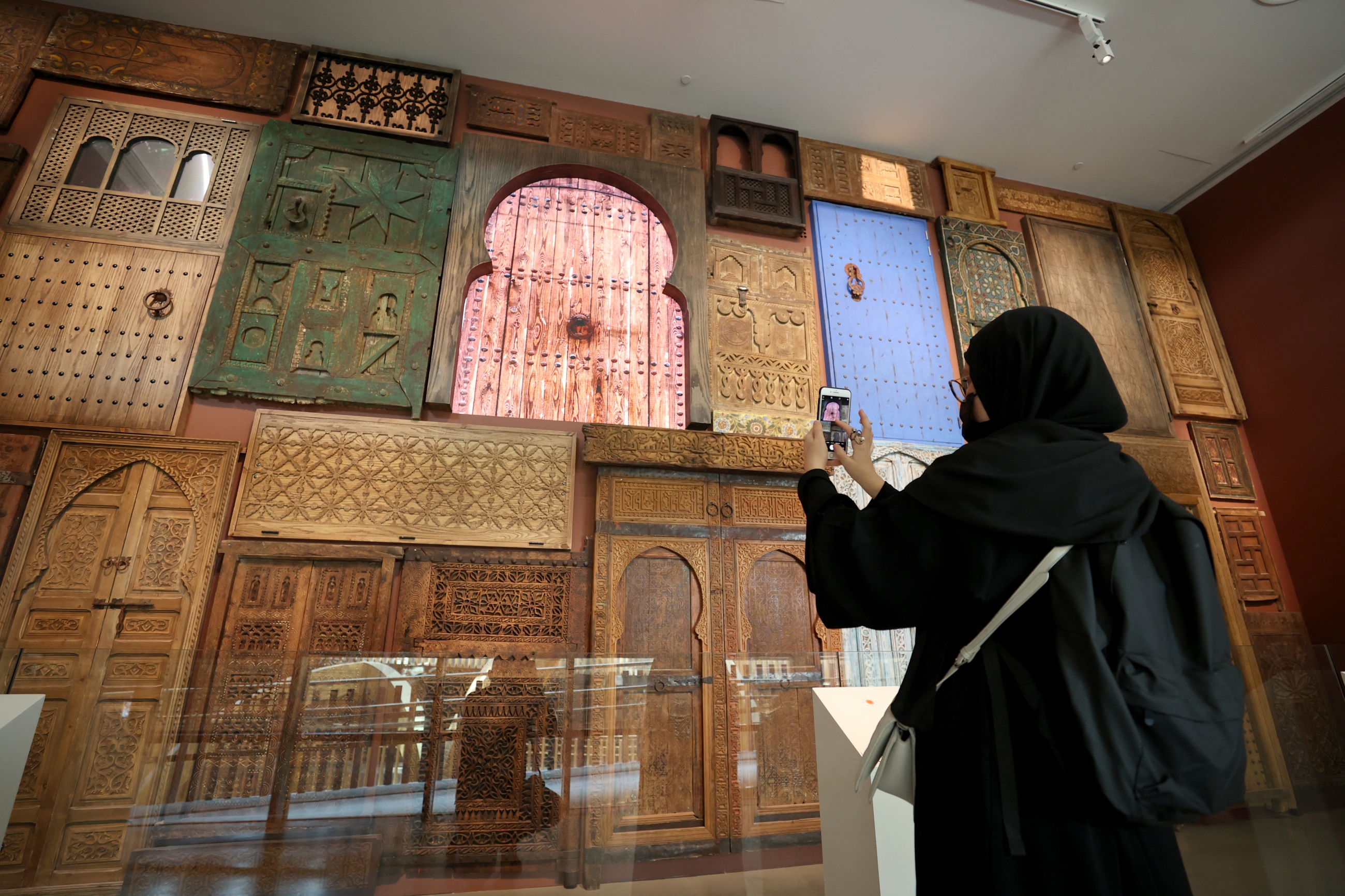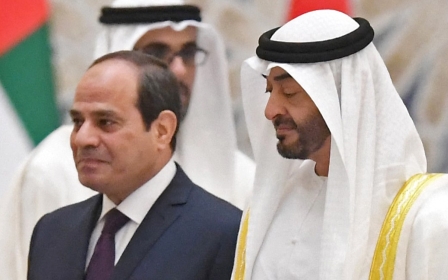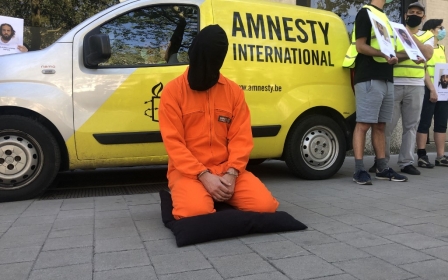UAE: 'Shocking' lack of protection for British women in Gulf state, says report

British women face a "shocking" lack of protection and rights in the United Arab Emirates (UAE), which the UK government is failing to address, according to a new report released by a cross-party fact-finding panel.
The report is based on testimony from a number of British women who had faced abuse, arbitrary detention and even sexual assault in the UAE.
The investigating panel, composed of MPs Peter Bottomley and Debbie Abrahams and barrister Helena Kennedy QC, among others, found that the Emirati justice system was "open to abuse and capable of manipulation" and said the evidence presented "demonstrated a pattern of breaches of international standards in the UAE criminal justice system".
They added that consular assistance provided by the UK, a close ally of the UAE, to women facing abuse and detention in the country had "fallen far short of expectations".
According to the report, the British Foreign & Commonwealth Office (FCO) recorded over 1,350 detentions of British women in the UAE from 2011 to 2016. It added that there had likely been hundreds more detained since 2016, but the FCO had not released any new figures since then.
Among those interviewed was the legal representative of a woman referred to as "Woman A", who is currently still being held in detention in the UAE and has kept her identity secret because of threats against her family.
Speaking at a press conference to launch the report on Wednesday, Tiina Jauhiainen - a former UAE resident who attempted to help Dubai Princess Sheikha Latifa flee an alleged kidnapping by her father, Dubai's ruler Sheikh Mohammed bin Rashid Al Maktoum - said that foreign women should reconsider plans to travel to the country in the future.
"Firstly I would ask them to get a copy of this report and read it, do some background research," she said, speaking via Zoom. "I would actually advise them to think twice before going to the UAE and not be fooled by this image of a safe, tolerant society they try to portray."
Princess Latifa was kidnapped in 2018 at sea, off the coast of India, after attempting to flee the UAE. She has since sent calls for help from her captivity in the UAE, while also calling for a renewed investigation into the disappearance of her sister, Shamsa, two decades ago.
Lack of British support
The UAE has hit the headlines several times in recent years after detaining and abusing British citizens.
Among them was Ali Issa Ahmad, a 28-year-old from the city of Wolverhampton, who was arrested in the UAE in 2019 after attending an Asian Cup football match there, and detained between 23 January and 12 February 2019; and Matthew Hedges, a student who was arrested in May 2018 over spying allegations and sentenced to life imprisonment before eventually being pardoned.
Some campaigners have called on the UK government to adjust the travel advice for the UAE on the FCO website, to address the potential danger of arbitrary detention. At present, the advice on the website warns that "showing sympathy for Qatar on social media or by any other means of communication is an offence" in the country.
'I was literally sat at home for weeks, months, crying, depressed... all I needed was someone to say "This isn't right, you need to give our citizen her passport back"'
- Asa Hutchinson
However, there is no suggestion that British citizens should avoid travel to the UAE, as there is with other countries considered risky.
Asa Hutchinson - who had her passport confiscated and was sentenced in absentia to three months in jail in the Emirates - told the press conference on Wednesday that she had received "brutally low" levels of support from British diplomats during her ordeal.
"Im out there on my own, I was 22 at the time, the prosecutors, the police, no one was on my side... but then I also had no English support either," she said. "I was literally sat at home for weeks, months, crying, depressed... all I needed was someone to say, 'This isn't right, you need to give our citizen her passport back.'"
Ties strengthened
Despite these reports, the UK and UAE have strengthened economic ties in recent years.
In March, the two countries launched a sovereign investment partnership worth almost £1bn, which the UK's Foreign, Commonwealth and Development Office said would "deepen existing UK-UAE trade and investment ties that were worth £32bn in 2019".
Another woman interviewed for the report was Caitlin McNamara, who says she was sexually assaulted by a senior Emirati official while working in Abu Dhabi at a literary festival.
McNamara has previously said that she would be supportive of sanctions being levelled against her alleged abuser, Sheikh Nahyan bin Mubarak al-Nahyan, the UAE’s minister of tolerance.
She also launched a legal claim in April after the Crown Prosecution Service said they would not be pursuing the case.
"Despite all of my knowledge of the region and experience working for the Foreign Office, I wasn’t fully aware of my risk working as a woman in the UAE, and for me to not be aware of that despite... working on a festival that celebrates freedom of expression... I think doesn’t offer much hope, more widely," she told the panel.
She added that the UK government advice was still lacking, particularly with events such as Expo 2020 currently taking place in Dubai.
"So, I think I should have, before I went out there, had more information... information should have been available more widely about the risks working there as a woman," she said. "And I think that would also be my advice now going forwards, particularly with the Expo coming up and, you know, are women supposed to not go to that?"
Middle East Eye propose une couverture et une analyse indépendantes et incomparables du Moyen-Orient, de l’Afrique du Nord et d’autres régions du monde. Pour en savoir plus sur la reprise de ce contenu et les frais qui s’appliquent, veuillez remplir ce formulaire [en anglais]. Pour en savoir plus sur MEE, cliquez ici [en anglais].





